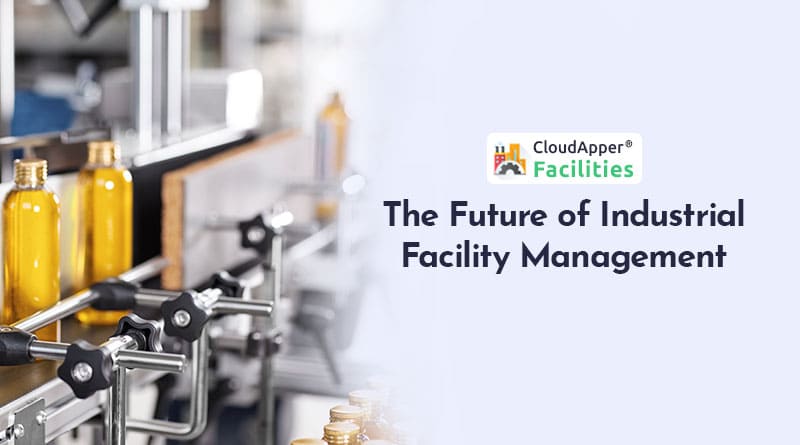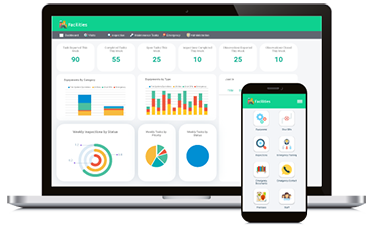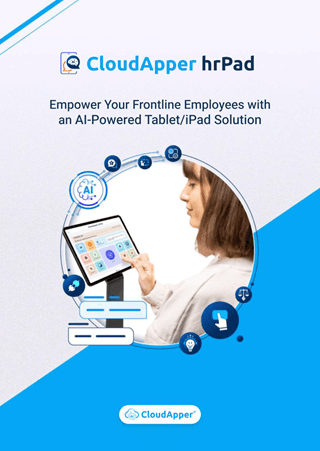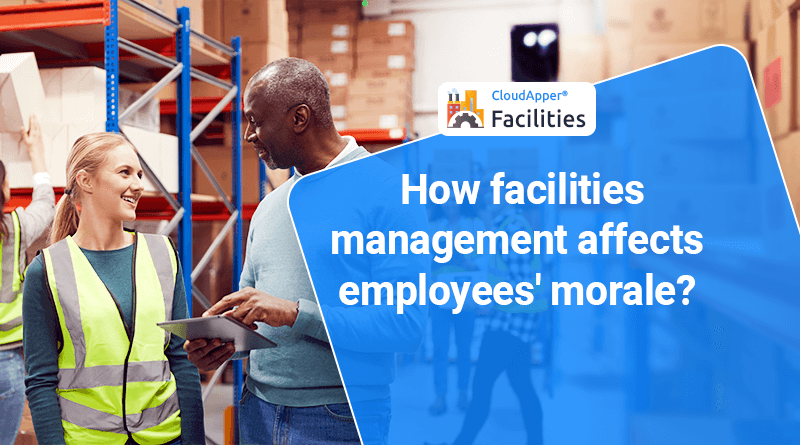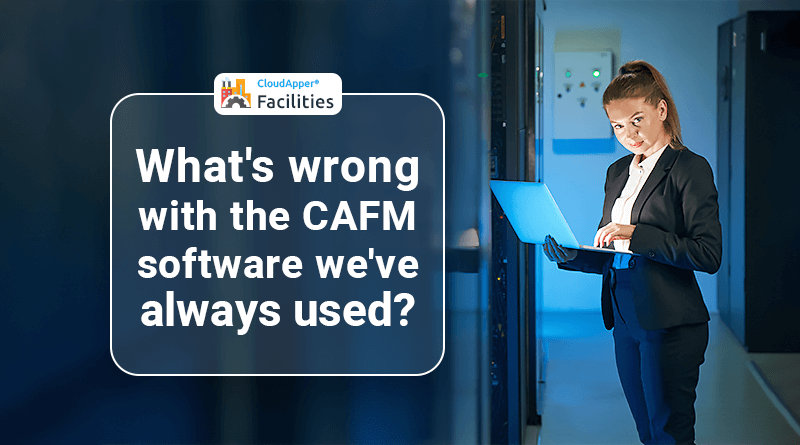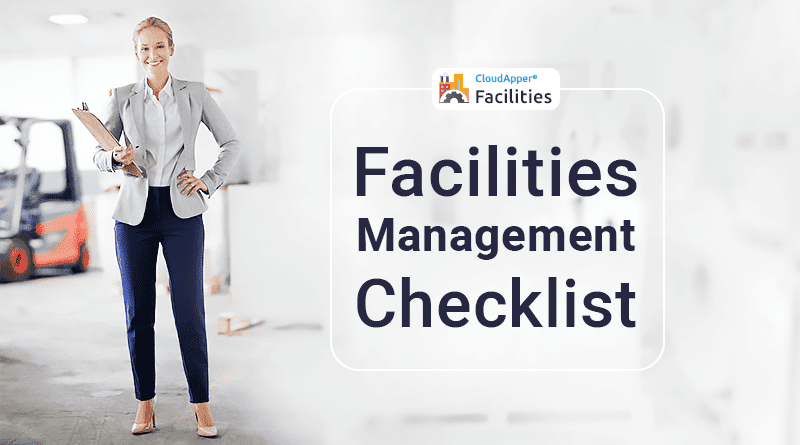Future industrial facilities management will see the significant promotion of positive customer experiences, reductions in delays, and cost savings. Unlike restaurant and retail facility management, industrial facility management is concerned with facilities that do not necessarily interact with customers in a brick-and-mortar location.
Manufacturing centers and warehousing are the areas where industrial facility management will come into play. The role of facility management in these locations, on the other hand, will still have an impact on the customer experience.
- Collaboration in Industrial Facilities Management Will Increase
As globalization continues, industrial facilities management will need to become more sensitive to cultural differences and highlight issues that occur in both existing and emerging markets too.
Industrial facility management would need to adapt to the global marketplace. Since the rise of e-commerce means that a customer can be located anywhere in the world, a single manufacturer or Warehouse Manager may need to collaborate with multiple parties to handle daily needs such as material sourcing, advanced machinery repair, and much more.
- Integrated Systems Will Be the New Standard
Using integrated systems has the potential to significantly reduce the costs associated with industrial facility management. Rather than isolating the facilities management system within its own department, integration with other systems, such as the procurement system, transportation management, and inventory management systems, can assist Facilities Managers in making decisions about equipment repair, building maintenance, and other needs.
Essentially, the integration will assist Facility Managers in assisting manufacturers in moving products faster and meeting the expectations of consumers.
- In-House Industrial Facilities Management Will Become More Challenging
Sadly, the scope of industrial facility management is virtually endless. Working with many more parties than the typical facility management-business relationship makes in-house management difficult, if not impossible.
This could be due to cultural barriers and an inability to acquire the resources required to handle all facility management needs at all times. However, the challenges of industrial facility management are expected to become more complex in the future.
- Health and Safety Are Replacing Cost and Haste as Top Concerns
Many industrial facilities management will also become more concerned with improving worker health and safety. Today, lifestyle-related disorders and diseases are combining at a faster rate than ever before, and integrated facilities management revenue is directly related to healthcare costs.
In Europe, healthcare generates more than 30% of integrated facilities management revenue, due to the long-term costs integrated with exposure to industrial chemicals and potential hazards. It uncovers a simple solution: companies taking the time to make sure their employees’ health and safety can save significantly more money in the short and long term.
- Industrial Facilities Management Will Get a Contingency and Continuity Planning Overhaul
A contingency and continuity planning overhaul is also expected for the industrial facilities management sector. While many facilities operate daily to fulfill e-commerce orders and meet demand, contingency and continuity planning remain limited.
Facilities may have a plan to divert operations if a piece of equipment breaks down, but a better contingency and continuity plan would be to address maintenance issues before they become a problem.
To put it another way, industrial facilities management will focus more on preventative maintenance as a form of contingency and continuity planning, as well as the use of outsourced services to ensure maximum efficiency and eliminate downtime in the aftermath of man-made natural disasters like major storms.
Streamline Industrial Facilities Management With CloudApper Facilities
Industrial facilities management is changing, and Facilities Managers in this industry must stay on top of it to predict what best practices and standards will emerge in the future. Organizations that take the opportunity to ponder these changes and upgrade their existing processes will remain competitive and in control of their facilities management.
Learn more about how to manage industrial facilities by using CloudApper Facilities or contact us today.
What is CloudApper AI Platform?
CloudApper AI is an advanced platform that enables organizations to integrate AI into their existing enterprise systems effortlessly, without the need for technical expertise, costly development, or upgrading the underlying infrastructure. By transforming legacy systems into AI-capable solutions, CloudApper allows companies to harness the power of Generative AI quickly and efficiently. This approach has been successfully implemented with leading systems like UKG, Workday, Oracle, Paradox, Amazon AWS Bedrock and can be applied across various industries, helping businesses enhance productivity, automate processes, and gain deeper insights without the usual complexities. With CloudApper AI, you can start experiencing the transformative benefits of AI today. Learn More
